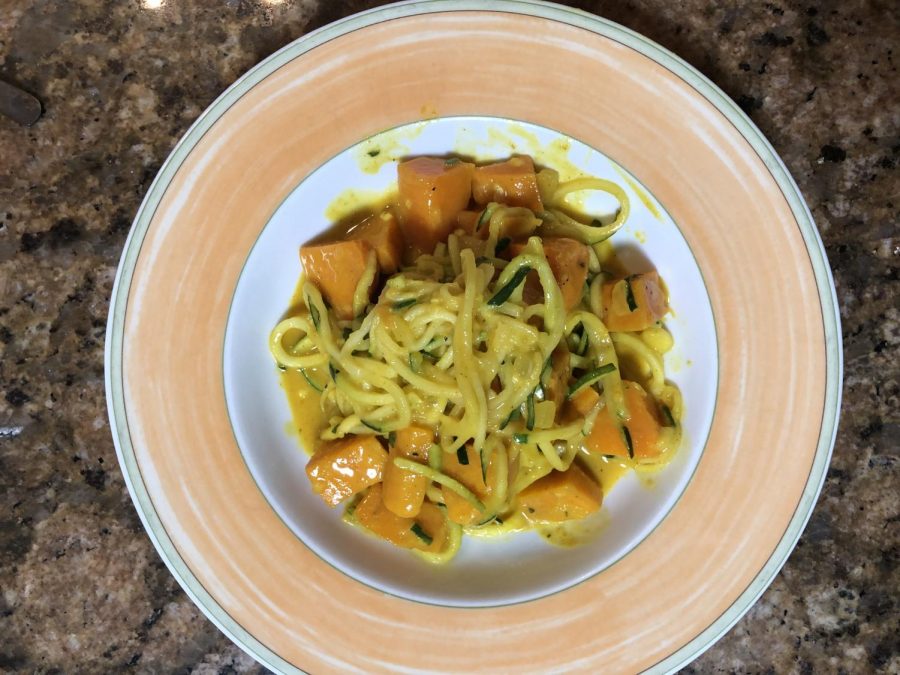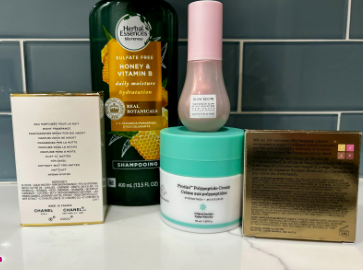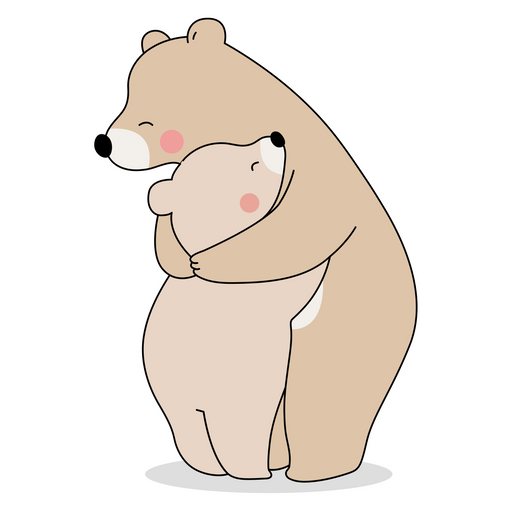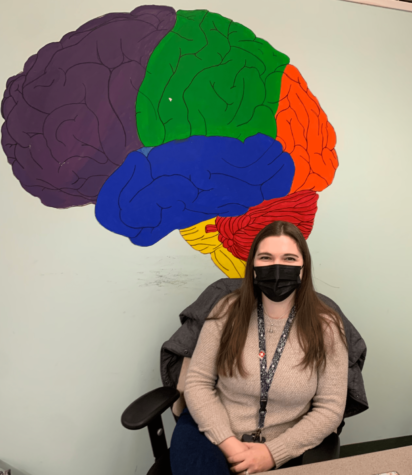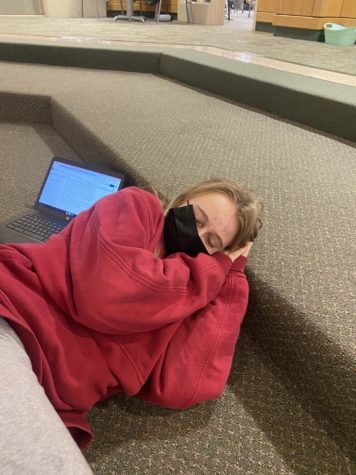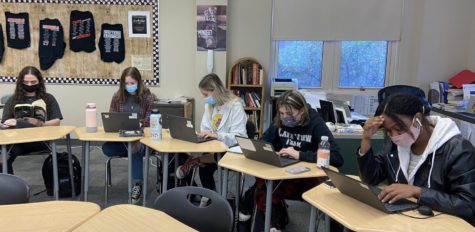Veganism: More Than Just a Fad
March 5, 2019
Veganism is a type of diet that excludes consuming all animal-derived products. However, a true vegan will avoid not only animal-derived foods, but will also avoid purchasing/using animal-derived products and products tested on animals. Many people choose to eat a vegan diet because of the benefits they feel from eating foods such as grains, beans, legumes, vegetables and fruits. However, other people choose to eat a vegan diet because of its positive effects on the environment. A lot of people feel strongly against eating animals because it promotes the cruel treatment towards animals.
For some people, the vegan diet is too restrictive; therefore, many choose to follow a vegetarian diet. However, a true vegan discourages the vegetarian diet because the production of dairy products results in the suffering and death of over 29 million cows each year (“Cows Used for Food.” ). In addition, most male calves are slaughtered at a premature age because they are of no use to dairy farmers. Other male cows are kept alive long enough to fatten, then slaughtered and used for their beef. On the other hand, female cows are often artificially impregnated to force the production of milk. Similarly, in the egg industry, male chickens are killed after just one day of living. Ultimately, most vegans feel strongly that, “all living creatures fear death, just as we do” (“Why Go Vegan?”). By following a vegan diet, people aim to prevent the exploitation of animals.
While a vegan diet protects animals from being taken advantage of, a vegan diet also benefits the environment. The production of meat and other animal products uses up a lot of resources, from food and water needed to feed the animals, to transporting resources to and from farms.
Over the decades, the serving size has drastically increased, causing the demand for animal products to sky-rocket. As a result, more land is being destroyed to create farms, “ In Brazil alone, the equivalent of 5.6 million acres of land is used to grow soya beans for animals in Europe” (“Why Go Vegan?”). Additionally, the food and water necessary to feed animals are taking away valuable resources from areas around the world because, “Impoverished populations are forced to grow cash crops for animal feed instead of food for the people” (“Why Go Vegan?”). Not only does the meat industry and other animal products lead to deforestation, habitat loss and species extinction, the meat industry is also causing world malnutrition.
One of the most positive outcomes of following a vegan diet is the impact on the overall health of a human. Some research has linked vegan diets with lower blood pressures and cholesterol, and lower rates of heart disease. A vegan diet is also an effective way to reduce the risk of cancer (“Cows Used for Food.”).
IHS guidance counselor, Mrs. Starrett, gradually transitioned to a vegan diet in 2011 and has noticed a huge improvement in her health. After being encouraged to watched numerous documentaries by Mrs. May, another guidance counselor, Mrs. Starrett became aware of the cruel treatment of animals in the food industry. For her, an eye-opening fact was the immense amount of preservatives and chemicals used to keep the animal products fresh. Although, many foods nowadays contain some form of preservatives, research has shown that animal protein is actually bad for your body. Consuming large quantities of animal protein, which contains amino acids, results in the production of a hormone which stimulates cell division. A high level of this hormone is associated with an increased cancer risk (“7 Serious Problems With Animal Protein”). Additionally, animal protein lacks the fiber content, whereas plant protein contains fiber, antioxidants, and phytonutrients. Since adopting a vegan diet, Mrs. Starrett noted that her body “feels much better.” Being a runner, Mrs. Starrett needs to be filling her body with enough nutrients and energy to keep her going during a run. She mentioned that her workouts have gotten better since going vegan and a vegan diet has not negatively impacted her stamina. In fact, Mrs. Starrett no longer feels like she constantly needs to diet, or watch what kinds of foods she is consuming because the vegan diets makes her feel full and satisfied.
Unfortunately, for IHS senior Lindsay Crumley, she found the vegan diet, “extremely difficult to maintain, especially as a young person.” For Lindsay, she felt like a nuisance to her friends when they wanted to go out to eat but had to be mindful of Lindsay’s dietary restrictions. Additionally, Lindsay felt added guilt for her parents who had to cook extra for her. Mrs. Starrett, on the other hand, had the support from her family, especially her sister who went vegan at the same time. While she struggled to maintain the vegan diet, Lindsay noticed she had a lot more energy and motivation, and continues to eat a vegetarian diet; she incorporates many aspects of the vegan diet when possible. Both Lindsay and Mrs. Starrett agree that veganism could have a major impact on our planet, potentially minimizing deforestation and global warming.
Over the course of ten days, I experimented with the vegan diet. I wanted to experience the positive and negative effects of the transition. One of the most overwhelming parts of the challenge was at the grocery store. I was amazed by the number of vegan alternatives there were. While there are alternate vegan forms of almost every food, I choose to stick to a whole-food, plant-based diet. I loaded up on both frozen and fresh fruit, including all sorts of berries, bananas, mango, and pineapple. Additionally, I bought vegetables and nut-based milk and yogurt. Initially, I was shocked at how much I spent on groceries, until I realized I bought enough food to last me for the whole month.
Over the ten days, breakfast was consistently my favorite meal: a smoothie bowl with granola and peanut butter. Throughout the day, I snacked on nuts, apple slices, and carrots and hummus. Dinner was a bit tricky as I hardly ever cook, and now I was forced to make new foods that I’d never eaten before. On the fifth day of my vegan challenge, I began having a headache, feeling like I couldn’t get warm, and felt tired earlier than usual. I did some research and realized a common issue faced by vegans is iron deficiency. From then on, I began eating more diverse foods with an array of nutrients that I wasn’t getting before. Overall, I felt good while on the vegan diet. I noticed I had increased energy in the morning and clearer skin. I think a major contributor as to why I had more energy was the whole foods I was putting into my body, as opposed to the artificial sugars and processed foods from before.
Similar to the opinions of Mrs. Starrett and Lindsay, I think our planet would benefit from less production of meat and better treatment towards animals. I believe a lot of the excuses people make up about the vegan diet are myths and with just a little research could prove that the vegan diet is sustainable and healthy. Overall, I will continue to implement aspects of the vegan diet into my life. Limiting the amount of meat and animal-derived products has helped me to decrease the amount of coffee I drink every day, and actually gives me more energy.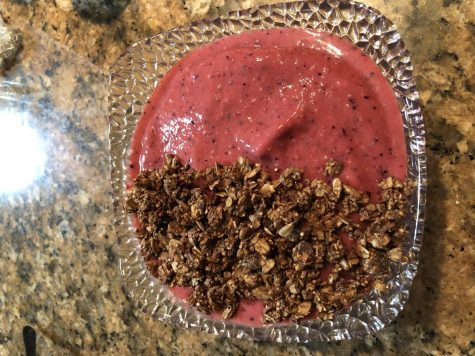
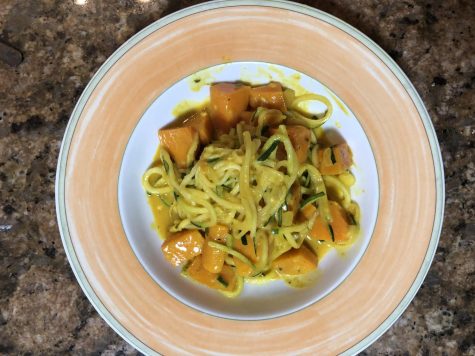
Works Cited
“7 Serious Problems With Animal Protein.” Forks Over Knives, 21 Nov. 2018,
www.forksoverknives.com/animalproteindangers/#gs.NGtk7h4B. “Cows Used for Food.” PETA, 20 Mar. 2017,
www.peta.org/issues/animals-used-for-food/factory-farming/cows/.
“What Makes Someone a Vegan, and What Do They Eat, Exactly?” The Spruce Eats,
TheSpruceEats, www.thespruceeats.com/what-do-vegans-eat-3376824.
“Why Go Vegan?” The Vegan Society, www.vegansociety.com/go-vegan/why-go-vegan.

